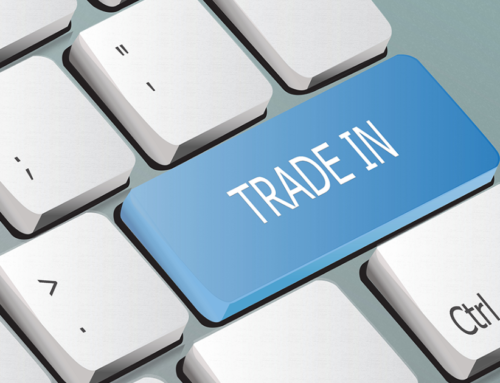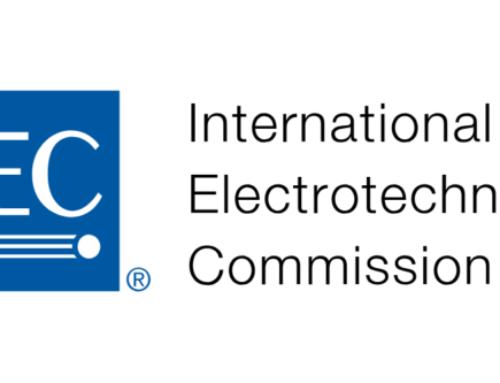On 27 and 28 July, the 2021 Qingdao Forum on International Standardization was held jointly by Shandong Provincial Government and the Standardization Administration of China (SAC), in an offline-online hybrid format. The objective of the 2021 edition of the Qingdao Forum was to promote exchanges and mutual understanding of international standardization practices, and to facilitate all-round cooperation involving technology, markets, talents, and projects. Under the theme of “Standards for Sustainable Development”, the forum attracted around 300 attendees from SDOs, colleges, research institutes and the industry – including more than 30 experts from ISO, IEC, ITU, CEN/CENELEC, DIN, and FAO.
Elena Santiago Cid, CEN/CENELEC secretary-general, was invited to present, during the opening session of the Forum, a video message on international standardization for sustainable development goals (SDGs). In her speech, Elena explained the role and ambition of CEN and CENELEC, emphasizing the significance of voluntary and consensus-based standards for economic recovery. “Our commitment to sustainable development is proven by the priority given to the achievement of SDGs within the CEN and CENELEC strategy 2030 – adopted in November 2020”, Elena said. She also explained in detail the two approaches of CEN and CENELEC, at the EU and international levels, to support the single market, optimize the development of standardization solutions, and adopt global results at local and regional level. By illustrating practical examples for SDG6 “Clean water and sanitation”, SDG7 “affordable and clean energy”, SDG13 “climate action”, and for a series of projects in planning stages, CEN/CENELEC provides a clear direction and model for Chinese standardization efforts concerning SDGs.
Elena’s address was highly appreciated and appraised by the participants. In addition, during the Qingdao Forum other key topics related to sustainable development were broadly discussed, such as China’s 2035 standardization strategy, digital transition of standards to promote sustainable development, standardization supporting the sustainable development of modern agriculture, and the standardization of intelligent manufacturing.




